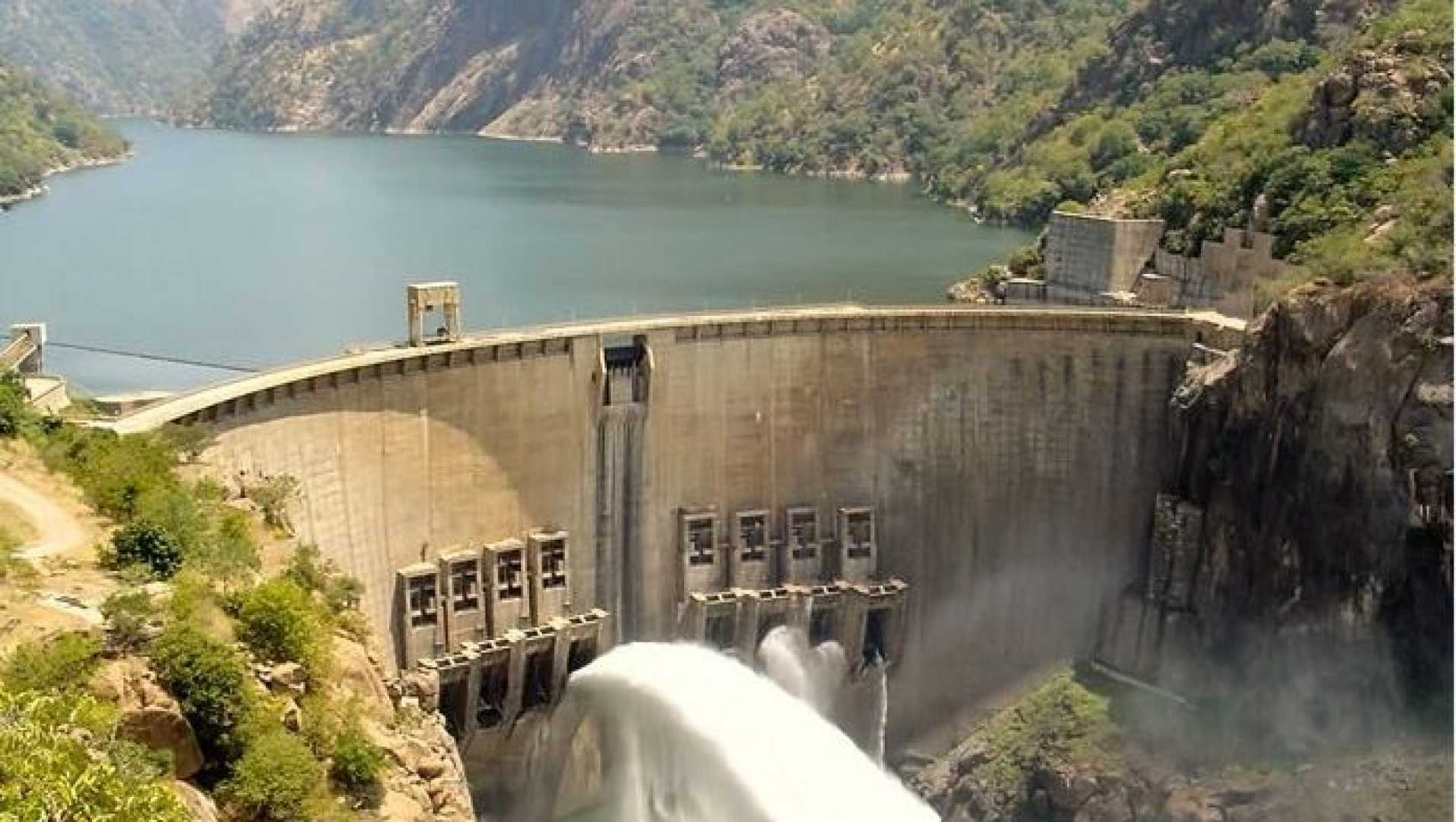News
Nigeria Issues Flood Alert Due to Lagdo Dam Water Release

The Federal Government of Nigeria, through the Nigeria Hydrological Services Agency (NIHSA), has issued a warning regarding potential flooding as a result of impending water releases from the Lagdo Dam, located in Cameroon. The agency’s Director-General, Umar Mohammed, announced that the release of water will commence on September 17, 2023, at an initial rate of 100 cubic meters per second, equivalent to 8.64 million cubic meters per day.
This rate is expected to gradually increase to 1000 cubic meters per second over the following week. The adjustments in release volume will depend on the inflow from the Garoua River, which sustains the reservoir and channels its waters into the Benue River. According to NIHSA, the current levels along the Benue River remain within the warning thresholds, and there is no immediate cause for alarm.
Nevertheless, the agency has urged heightened vigilance and preparedness in the states along the River Benue system, which includes Adamawa, Taraba, Benue, Nasarawa, Kogi, Edo, Delta, Anambra, Bayelsa, Cross River, and Rivers. These states have been advised to enhance monitoring efforts and readiness to mitigate potential flooding that could arise from the increased river flow.
NIHSA has guaranteed continued close observation of the situation, providing regular updates on water levels across major rivers to prevent further flooding incidents in the country. This advisory comes on the heels of recent severe flooding in Maiduguri, the capital of Borno State, after a breach in the Alau Dam. The catastrophic event resulted in over 30 fatalities and displaced millions in the region.
In light of past occurrences, particularly the 2022 flooding caused by water release from the Lagdo Dam, which led to over 600 deaths and severe economic losses in Nigeria, the call for caution and preparedness has gained urgency. Authorities, including the National Emergency Management Agency (NEMA), are bracing for the potential challenges posed by rising water levels, with recent reports disclosing the displacement of more than 400,000 individuals in affected areas.












